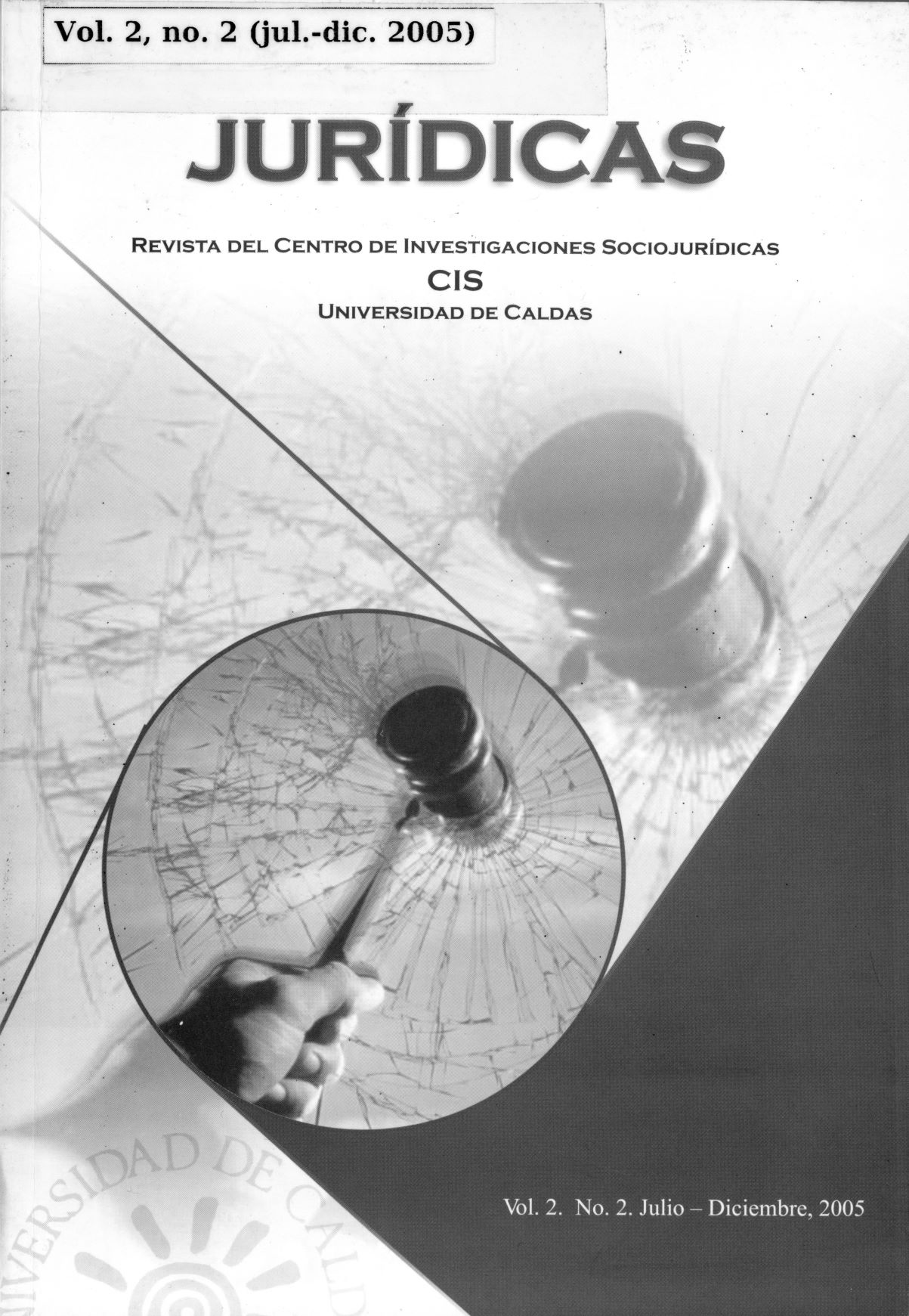Authors
Abstract
The purpose of this essay is to investigate the possibility of introducing the hermeneutic judge model into a bureaucratically organized justice. In this order, the historic discussion of the legal theory in which the concept of the hermeneutic judge has taken place will be briefly reviewed. This article will also review the interpretation that this theoretical perspective has on the judges "passivity", just as it has been traditionally seen in juridical an ideological terms or in the judges' individual condition. In regards to this, a sociological explanation is proposed founded on the conception of bureaucracy as a way of organization in which productive relations and juridical matters are taken as mechanical processes. In order to do this, the text will briefly study the meaning of the bureaucratic organization in the Modern State and its incidence on a group of specific tasks assigned to the State (i.e. the tasks carried out by the judicatures). Finally, the way in which two opposite logics converge on the judicatures will be established: on one hand, the juridical logic, taken as a process of law knowledge that is much wider and specific by the day; on the other hand, the bureaucratic organizational logic that necessarily implies a "limitation". The confrontation between these two logics creates a tension that can't be resolved, in which the justice administration takes place.
Keywords:
References
DWORKIN, Ronald. 1992. El imperio de la Justicia. Barcelona: Gedisa.
FARIA, José Eduardo. 1995. "E1 poder judicial en Brasil: paradojas, desafíos y alternativas", en: El otro Derecho No. 20, ILSA, Bogotá.
FOUCAULT, Michel. 1976. Vigilar y Castigar. México D.F.: Siglo XX.
—1998. La verdad y las formas jurídicas. Barcelona: Gedisa.
GARCÍA JARAMILLO, Leonardo. 2004. "Inexistencia de Lagunas en el `nuevo derecho', renovación en la labor jurídica y virtudes judiciales". Ponencia presentada en el IVForo de Derecho, Universidad de los Andes, Facultad de Derecho, octubre 27.
GARCÍA VILLEGAS, Mauricio — RODRÍGUEZ, César (eds.). 2003. Derecho y sociedad en América Latina: propuesta para la consolidación de los estudios jurídicos críticos ", Universidad Nacional de Colombia, ILSA, Bogotá, abril de 2003.
LÓPEZ MEDINA, Diego. 2000. El derecho de los jueces. Bogotá: Legis, Uniandes.
—2004. Teoría impura del derecho. La transformación de la cultura jurídica latinoamericana. Bogotá: Legis, Universidad de los Andes, Universidad Nacional de Colombia.
MATTEUCCI, Nicola. 1998. Organización del poder y libertad - Historia del Constitucionalismo Moderno. Madrid: Trotta.
MEJÍA QUINTANA, Óscar. 2004. "Filosofía del derecho y teoría jurídica: Rupturas epistemológicas", en: Revista de Derecho Privado No 31, Universidad de los Andes, Facultad de Derecho, enero.
MENY, Yves y THOERING~ Jean-Claude. 1992. Las políticas públicas. Barcelona: Ariel.

 PDF (Español)
PDF (Español)
 FLIP
FLIP

















